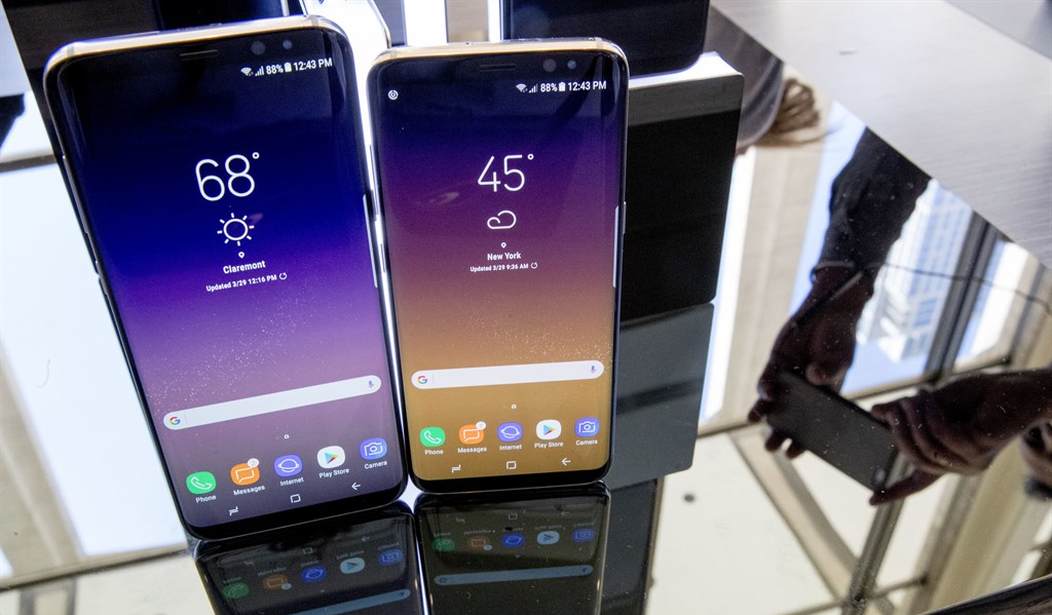Georgia is one of several states which in recent years have come up with a good idea which may now be getting twisted around to cause more problems than it solves. They passed a law which was intended to protect (mostly) women from peeping toms taking pictures and video of them in supposedly private situations and states of undress which then wind up on the internet. Who could argue with that, right? Unfortunately, the wording of the law requires the “consent of all persons observed” in the video or the person recording it can be subject to prosecution. That rather vague description allows others to attempt to invoke the law in unintended ways.
As the Atlanta Journal-Constitution reports, a former lawyer accused of molesting an underage girl for years was able to get video she recorded of him thrown out at trial because he hadn’t “consented” to being recorded. (The good news is the pervert was convicted anyway, but it made the case much tougher.) And there are growing concerns that this pattern will repeat in other scenarios.
Divorce lawyers now warn clients against obtaining secret videos of cheating spouses. More significantly, criminal-justice activists suggest the law has a chilling effect on citizens trying to hold police officers accountable for unnecessary violence.
It is not clear whether anyone has been prosecuted for secretly taping someone they suspect of wrongdoing. But prosecutors and legal scholars have complained about the law almost since its adoption. Most point out that federal law requires consent from only one party – say, the person secretly shooting the video.
Georgia’s departure from the federal standard creates “unnecessary complications,” Mary Beth Martinez wrote in a Georgia Law Review article. The state law’s “murkiness” on what constitutes a video-restricted private place doesn’t help, Martinez wrote.
Something about this just sounds wrong on a variety of levels. First of all, it seems to me that a court could easily deny the “privacy” of someone who was filmed doing something illegal in the interest of justice. Things get a bit more murky when we get into things like spouses seeking a divorce filming the comings and goings of a cheating husband or wife. If you are filming outdoors in the public square when, for example, they are entering a motel room together, it’s hard to see how or why that would be considered “private.” But if you’re setting up a camera in their bedroom and recording them engaged in the deed you’ll probably run into problems.
When we get to the question of the police the situation is ratcheted up to another level entirely. The police are public servants who are funded by the taxpayers. And as representatives of the government, their business is the public’s business. Particularly when they are outdoors, anyone should be legally able to film them as they go about their duties whether they are giving out parking tickets, sleeping in their squad car or engaged in a lethal force encounter. I suppose it gets a bit more complicated if they are inside of a private residence or business where the person doing the filming isn’t the owner or tenant, but the principle remains the same. Forbidding people from filming the cops sends exactly the wrong message at a time when community relations with law enforcement are strained in many locations.
I wouldn’t want to see Georgia abandon the law entirely and make it easier for perverts to run around taking upskirt pictures of women or following them into the changing rooms at the department store, but the current situation doesn’t seem workable. Perhaps the law could use a second pass to specify where and when “consent” is required and better define the rights of citizens in public spaces.








Join the conversation as a VIP Member